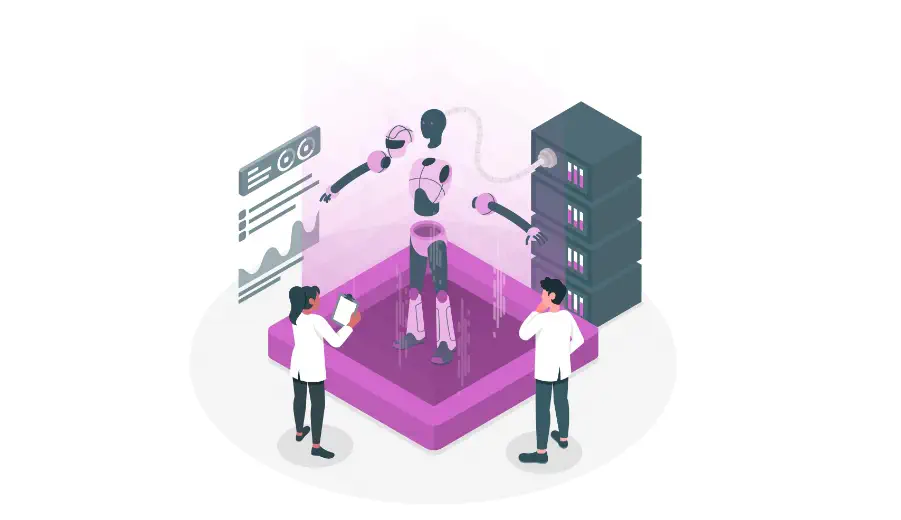Zim Companies Urge CEOs to Replace IT Workers with AI Amid Tough Economic Times

Zimbabwean companies are increasingly urging their executives to embrace AI-driven strategies — and for many IT professionals, that could mean job cuts. Following the global trend, the wave of IT layoffs that began in 2024 is showing signs of reaching our shores, driven by the pursuit of efficiency and the looming fear of an economic slowdown.
Globally, over 238,000 IT jobs were lost in 2024,

With another 76,000 already gone in early 2025, and the ripple effects are starting to be felt locally. Many Zimbabwean boards of directors are reportedly pushing CEOs to reduce operational costs by as much as 20%, largely through replacing routine IT roles with AI systems.
According to HR and recruitment professionals, these decisions are motivated not just by cost-saving, but also by a shift toward more agile, AI-powered business models. “Companies are under pressure to stay competitive — whether in banking, telecoms, or logistics — and AI is seen as a fast-track to that,” said one Harare-based IT recruiter.
May Set the Tone
May was a defining month globally. Microsoft laid off 6,000 workers, stating that AI now writes 30% of its internal code. Walmart followed with 1,500 job cuts, many of them affecting tech teams. IBM wasn’t far behind, reportedly letting go of 8,000 employees, especially in roles like HR that AI can now support or even fully automate.Back home, some large local firms are starting to take similar steps — quietly phasing out IT roles considered “low-skill” or “easily automated,” such as data entry clerks, desktop support, and system testers.

Recession Planning + AI Efficiency
Even as global forecasts like J.P. Morgan revise down the likelihood of a 2025 recession, Zimbabwean companies remain cautious. Exchange rate volatility, limited access to forex, and high operating costs are forcing firms to look inward for savings. AI is increasingly viewed as a solution that delivers long-term productivity gains without the recurring cost of salaries and benefits. “It’s no longer a matter of if companies will adopt AI, but when — and who’ll be left behind,” said a senior manager at a local telecom firm.

IT Job Market Shifting — AI Skills Dominate
Career experts say companies are moving away from mass hiring in IT and toward selective recruitment, focusing on hybrid professionals who combine domain knowledge with AI capabilities. “Someone with product understanding and practical AI skills can name their price today,” said a representative from a local job-matching platform. “We’re seeing increased demand for roles like AI product managers, prompt engineers, and cloud automation experts — even from SMEs and startups.”
Experts advise Zimbabwean IT professionals to urgently upskill in AI, automation tools, and cloud services to stay relevant. Entry-level cybersecurity analysts, manual QA testers, and general IT support agents are particularly at risk of displacement. “Jobs that follow predictable patterns or can be scripted are being handed over to bots,” said Nic Adams, CEO of a global cybersecurity automation firm. “We’re entering a world where AI handles the triage faster than any junior support technician ever could.” It’s About Transformation, Not Just Retrenchment
While some companies still see AI as a cost-cutting tool, others are using it to unlock growth and digital innovation. One local fintech executive said, “We’re not firing our people to replace them with AI — we’re hiring those who know how to use AI to scale our services.” Still, systemic automation continues to reshape IT departments. For Zimbabwean firms — especially in sectors like finance, healthcare, logistics, and retail — this may just be the beginning of a much larger shift.

